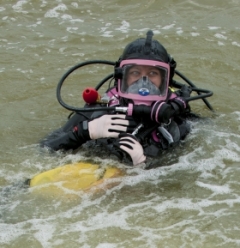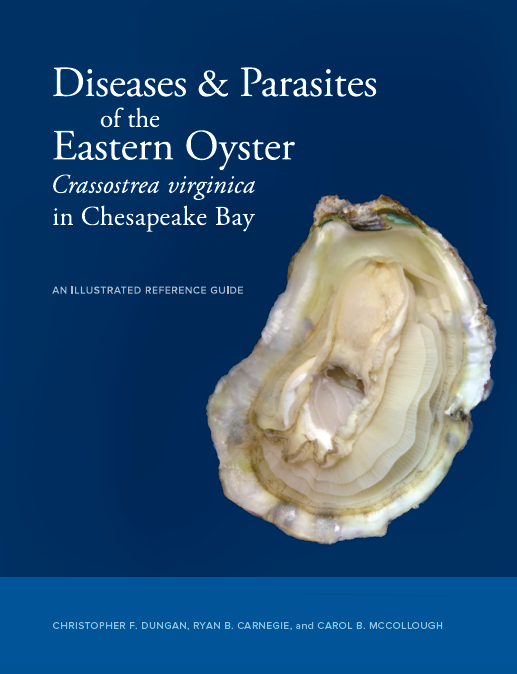Knauss legislative fellowships in Congress help build careers — and they're fun and educational. See our video and fact sheet for details.
Confessions of an Ecologist Turned Anthropologist: Why Switch Fields?
Nearly three years ago I entered the Ph.D. program in the University of Maryland’s Department of Anthropology. This marked a transition point for me. Of course, there was the commitment to at least another five years of life as a graduate student. But for me, the more impactful change was my move into social science. After earning my bachelor’s and master’s degrees in the biological sciences, I put those degrees into practice as a field ecologist. For my doctoral studies, however, I wanted to shift gears and focus on the human side of coastal resource management
I’m not alone in such changes of field. I regularly run into people who have made similar choices. Aquatic biologist turned geographer, physicist turned anthropologist, pre-med student turned sociologist, etc. Everyone has his or her own reasons.
For me, I realized that I was more interested in including local voices in resource management than providing the data that help inform management decisions. Actually, scratch that: I do want to provide data to inform management but a different kind of data than what I collected previously. My data no longer involve measuring oysters or seeing how far I can stick my arm into the soft bottom of the Chesapeake Bay. Instead, I will help to explain to resource managers how policies impact the people who harvest and/or grow oysters, and I’ll collect data by talking with and listening to commercial fishermen (watermen) and oyster growers.
Sure, I still measure an oyster now and then, but the focus has shifted. My current research involves better understanding who is entering the industry of oyster aquaculture (also called oyster farming) in Maryland and why. This sort of understanding can help guide the development of Maryland oyster aquaculture as well as highlight aquaculture’s implications for the Maryland watermen.
|
As part of my current project, I join Maryland watermen and oyster growers on the water. Here, Talbot County waterman Guy Spurry harvests oysters using an oyster dredge. Photo credit: Adriane Michaelis |
I am studying these questions as a Coastal Resilience and Sustainability Fellow funded by Maryland Sea Grant, which is supporting two years of fieldwork for my project, “Understanding the Decision to Participate in Oyster Aquaculture in Maryland.” Using an anthropological approach that combines participant observation and semi-structured interviews, I spend time with watermen and oyster growers, asking research questions about why they’ve chosen to participate in or avoid oyster aquaculture. I am gaining an in-depth understanding of what working in Maryland’s oyster industry entails. Over the past year, I have also pulled oyster cages with growers in Dorchester County, sorted oyster seed (young, tiny oysters) in St. Mary’s County, and trotlined for blue crabs in Talbot County, just to give a few examples of what field days are like.
The switch to anthropology has allowed me to continue to focus on a topic that’s important to me, sustainable fisheries, but from a different angle. By talking with watermen and oyster growers, my knowledge of Maryland oysters has expanded well beyond what it was just one year ago — and I thought I knew a lot about oysters then! Over the next year, I’ll continue my interviews and will no doubt learn even more. Check back again for additional blog posts related to my project and my own integration of ecology and anthropology.
Photo, top left: Before returning to school for my Ph.D., I was involved in oyster restoration monitoring as part of the Paynter Lab at the University of Maryland, College Park. This included dive surveys to sample oysters and evaluate restoration sites. Credit: Don Meritt
See all posts to the Fellowship Experiences blog



